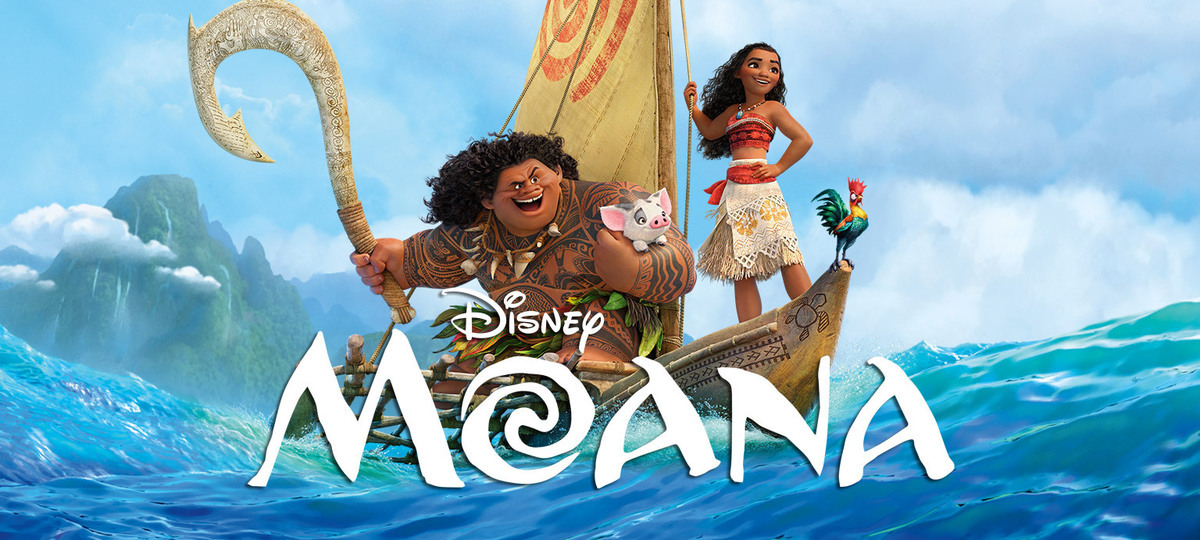 (Mild spoilers) Disney’s new animated film Moana presents the struggles of finding and living one’s True Self. Moana is a young girl in line to be chief of her island home, Motunui. It is an island that provides all they need. The bay provides fish, the island’s resources provide food and materials to build and create, and the people fulfil their ordained roles. The gods are providing for them abundantly and their happiness is there on the island. And Moana will help continue this pattern as the eventual new chief. This beauty and order in the opening scenes paints perfection. It might even be a reminder to us that God always provides abundantly. But for the Motunui people, the island has become a kind of false security, an attachment. They find no need to go beyond the reef that surrounds their home. “The island gives us what we need / And no one leaves,” they sing. They tell Moana what’s important is where you are.
(Mild spoilers) Disney’s new animated film Moana presents the struggles of finding and living one’s True Self. Moana is a young girl in line to be chief of her island home, Motunui. It is an island that provides all they need. The bay provides fish, the island’s resources provide food and materials to build and create, and the people fulfil their ordained roles. The gods are providing for them abundantly and their happiness is there on the island. And Moana will help continue this pattern as the eventual new chief. This beauty and order in the opening scenes paints perfection. It might even be a reminder to us that God always provides abundantly. But for the Motunui people, the island has become a kind of false security, an attachment. They find no need to go beyond the reef that surrounds their home. “The island gives us what we need / And no one leaves,” they sing. They tell Moana what’s important is where you are.
Listening
As Moana grows up we see hints of discernment in her story. It seems the ocean is calling her to something more, to go out beyond the reef. Her grandmother plays an important role. She’s a bit of an independent woman. She moves with the spirit. She sings:
I like to dance with the water
The undertow and the waves
The water is mischievous
Ha! I like how it misbehavesThe village may think I’m crazy
Or say that I drift too far
But once you know what you like, well
There you are
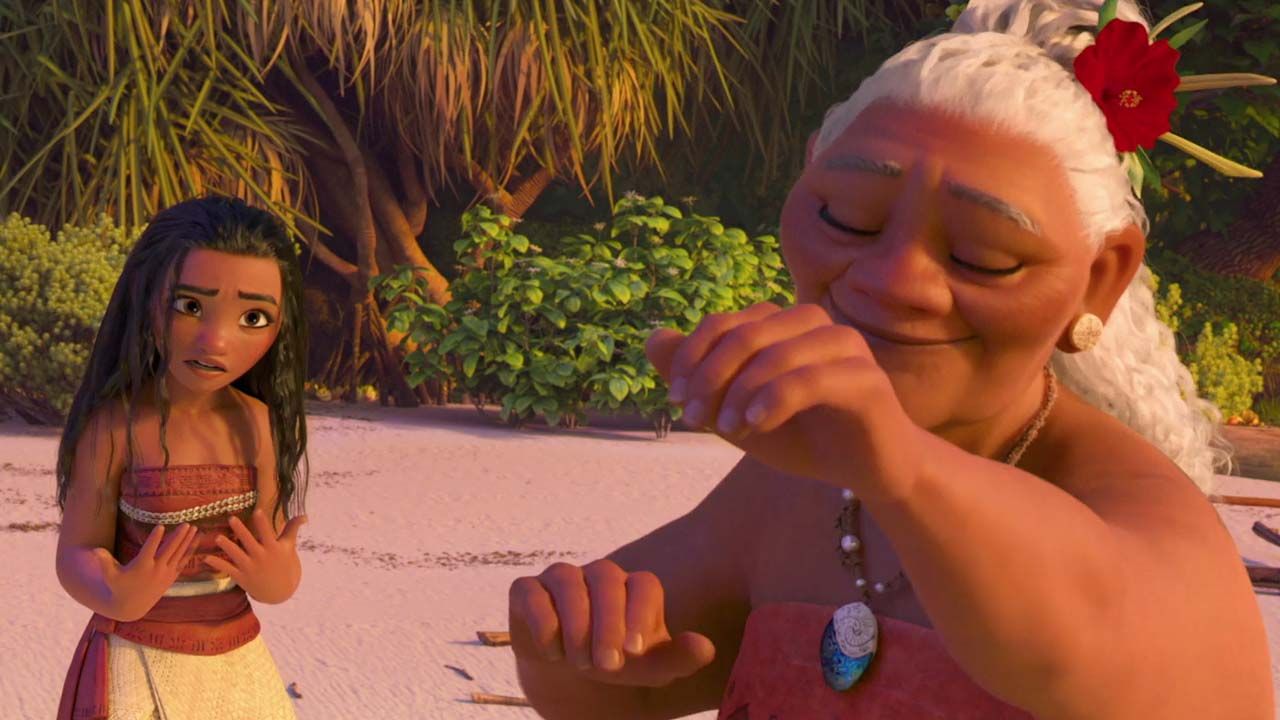 She is the voice that calls Moana to listen, like Eli helps Samuel to listen to the voice of God. Gramma teaches Moana about the voice inside, the conscience which is calling her out of the comfort and false security of the island. Throughout the film we see tensions between life and death, light and darkness, and between the interdependent socio-centric culture on the island and being independent and following a call. Moana struggles with this. “I’ll be satisfied if I play along / But the voice inside sings a different song / What is wrong with me?” Gramma tells Moana to respect her father and her traditions, but there’s a deeper calling… to be her True Self.
She is the voice that calls Moana to listen, like Eli helps Samuel to listen to the voice of God. Gramma teaches Moana about the voice inside, the conscience which is calling her out of the comfort and false security of the island. Throughout the film we see tensions between life and death, light and darkness, and between the interdependent socio-centric culture on the island and being independent and following a call. Moana struggles with this. “I’ll be satisfied if I play along / But the voice inside sings a different song / What is wrong with me?” Gramma tells Moana to respect her father and her traditions, but there’s a deeper calling… to be her True Self.
Mind what he says but remember
You may hear a voice inside
And if the voice starts to whisper
To follow the farthest star
Moana, that voice inside is
Who you are
Moana, who loves her island and family, is beginning to learn that it’s not just about where you are, but who you are.
Wayfinding
The safety found in the island was soon disrupted by the approach of death, whose power travelled miles from Te Fiti, a deity island, whose heart was stolen by the demigod Maui. Motunui was now without fish and their coconut trees became diseased. This is the confirmation for Moana to take her canoe and go beyond the reef for the mission revealed to her: to find Maui and have him return the heart he stole from Te Fiti.
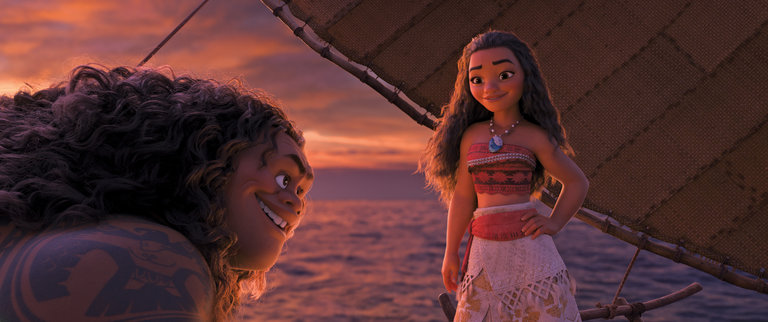 The divine powers show Moana that her kin were once voyagers, seeking new lands. But this vocation was lost once the Motunui people attached themselves to the security of their island. Her voyager history teaches her who she is. At first her sailing skills are imperfect but after meeting Maui he teaches her wayfinding. “It’s seeing where you’re going in your mind. Knowing where you are by knowing where you’ve been,” he says. Sounds like the daily Examen to me. There is also a flashback montage to her ancestors singing, “We read the wind and the sky … At night we name every star / We know where we are / We know who we are.” Moana learns the value of discernment, reading the signs of her past to lead her to discover who she is. Throughout her own voyage the forces of nature guide her and push her in the right direction.
The divine powers show Moana that her kin were once voyagers, seeking new lands. But this vocation was lost once the Motunui people attached themselves to the security of their island. Her voyager history teaches her who she is. At first her sailing skills are imperfect but after meeting Maui he teaches her wayfinding. “It’s seeing where you’re going in your mind. Knowing where you are by knowing where you’ve been,” he says. Sounds like the daily Examen to me. There is also a flashback montage to her ancestors singing, “We read the wind and the sky … At night we name every star / We know where we are / We know who we are.” Moana learns the value of discernment, reading the signs of her past to lead her to discover who she is. Throughout her own voyage the forces of nature guide her and push her in the right direction.
Moana and her people discover who they are. Even Te Fiti, the island deity, is not who she is when her heart is removed. The story shows that there are sometimes masks covering up our true selves. We too are voyagers, reading the signs, and discovering who God made us to be. Sometimes the call is deep or faint. Sometimes we need someone to help us listen. And sometimes our response to that call comes into tension with our family, our home, and what we’ve come to consider safe and comfortable.
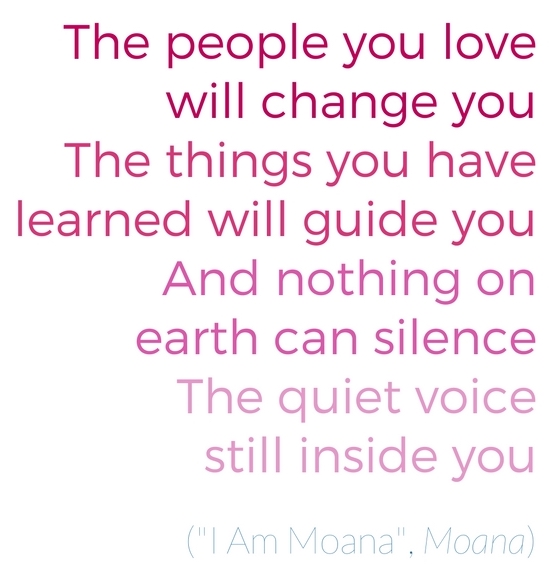 In the Christian story we see how Jesus’ True Self required him to—radically—leave his family and his father’s trade and go out beyond the safety and the cultural boundaries. The messages from his ancestors might have told him to be that earthly king in fine robes and served the finest. His culture would have told him to stay and care for his parents. He may have been told that happiness was where he was and there was no need to leave. Yet Jesus knew that true happiness lay beyond the comfort and safety of a single place or tradition. True happiness meant being who he was, living his vocation fully, even if it meant leaving his homeland.
In the Christian story we see how Jesus’ True Self required him to—radically—leave his family and his father’s trade and go out beyond the safety and the cultural boundaries. The messages from his ancestors might have told him to be that earthly king in fine robes and served the finest. His culture would have told him to stay and care for his parents. He may have been told that happiness was where he was and there was no need to leave. Yet Jesus knew that true happiness lay beyond the comfort and safety of a single place or tradition. True happiness meant being who he was, living his vocation fully, even if it meant leaving his homeland.
We each may sense that voice inside, calling us to consider something deeper. All of us are called by God to be voyagers, explorers ever seeking the answer not to the where, which can be temporary, but to the who—who we are at our deepest. In Ignatian language, the voice that guides us there is our deepest desires. We need to move with the Spirit and let her lead us out of our false happiness. True happiness is who you are. As Maui knew, knowing where we’ve been tells us a lot about where we are. And where we are helps guide us to discover our True Self, who God made us to be.
Listen to an audio version of this post…


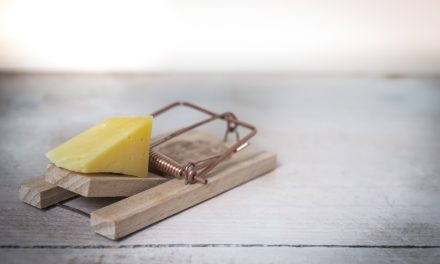


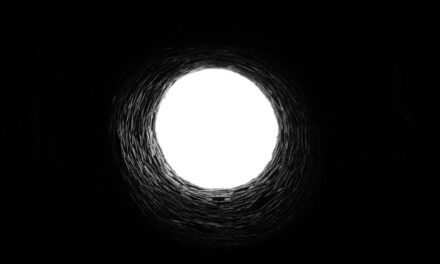



Hi there Thanks for all these wonderful posts ! Just wondering since reading the beautiful one from your wife if she has given birth yet and how both she and the baby are doing ? Thanks ! Anne
Thank you for this reflection. “God in all things,” indeed. I’m not a Disney believer, but Moana sounds like a lovely film.
Reblogged this on random thoughts and commented:
This is why I love animated films.
They seem simple but have deep meanings and life lessons.
As the new year has started, it’s great to go within and listen to our inner voice to find our true self.
Very nice! I’ll have to check out the movie!
A beautiful movie, and a must watch. I learnt so much. Ultimately, that life is a journey of many adventures each showing us more and more who we truly are.
Good post. My family and I saw the movie together after Thanksgiving, and I thought of Ignatian themes, too! Wonderful Disney movie. Always enjoy your writing!
The song “Know Who You Are” I found incredibly profound .
“I have crossed the horizon to find you/I know your name/They may have stolen the heart from inside you/But this does not define you/This is not who you are/You know who you are”
As someone who has struggled with identity in Christ I found this so relatable. I can almost picture Christ saying this to the church.
It makes me think of this verse.
“God’s Spirit touches our spirits and confirms who we really are. We know who he is, and we know who we are: Father and children.”
Romans 8:15-17 MSG
Wow, Kim, that’s a beautifully profound insight! I’m amazed by how many people have been touched spiritually by this film.
This movie was just incredible in all ways possible. It represented strength, valour and humility. Such a gorgeous film.
Make sure to get a copy of this to watch with your daughter when it’s out on DVD. Disney is kind of stingy with its releases! (Beautiful blog!)
Great minds think alike! I did a post recently on this very topic. You touched on some similar ideas, but I like how you went into a lot of depth. What a great movie!
http://godinreallife.com/2017/06/26/spiritual-lessons-from-moana/
I say this in Truth and Love. Do you really believe that the one true God our Lord and Savior Jesus Christ would want you to watch and promote a movie about false gods? I will pray this will have you turn towards the Lord with all your heart.